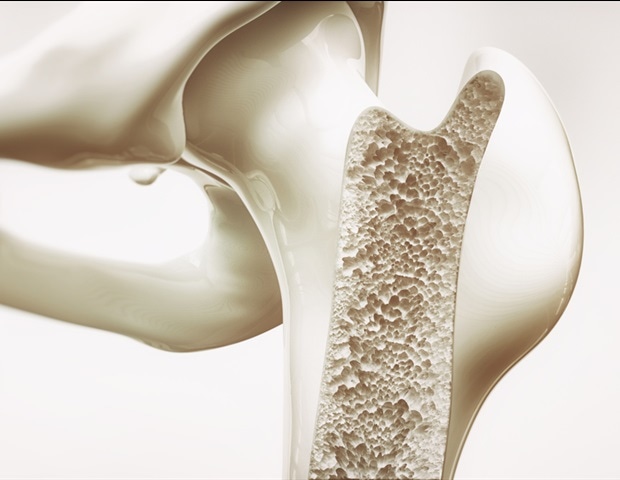
A simple trick involving a common sweet treat could provide an early warning for serious health conditions affecting millions. Approximately 5.6 million people in the UK live with diabetes, while another 7.
6 million suffer from heart or circulatory disease. Additionally, around 300,000 individuals are dealing with inflammatory bowel disease. However, these three conditions can be detected early with the help of a muffin - provided it's the right colour.

Experts suggest that consuming blue-coloured muffins can serve as early warning signs for these diseases. The dye used in these muffins indicates how long it takes for food to pass through your system. If the transit time is too quick, it could point to inflammatory bowel disease, while a slower pace could indicate heart disease.
If the process takes longer than 60 hours, it could signify a risk of type 2 diabetes. Early detection and dietary changes can help prevent the onset of type 2 diabetes and even reverse it in those already diagnosed. Healthcare science company ZOE collaborated with Dr Sarah Berry, head of nutrition sciences at King's College London, to publish their research in the scientific journal Gut.
In the study, participants were given muffins dyed with strong blue food colouring, which turned their faeces blue and allowed researchers to identify the transit time. A vibrant blue dye was used to ensure clarity, avoiding other colours that could be mistaken for foods with similar effects, such as beetroot. Participants were then tasked with observing the appearance of the blue dye in their stools.
Approximately half of them noticed it within 24 hours. However, for one in five participants, it took up to 48 hours - a duration still considered normal. Another fifth did not see it until after 59 hours, while one in 10 saw it in 14 hours or less.
On average, it took 28.7 hours for it to exit the body. Dr Berry, who contributed to the design of the muffin test, informed the Mail that the "blue poo challenge" could provide doctors with an "early warning" sign of potential issues as the gut transit time was indicative of the condition of the gut microbiome, the bacteria inside which assist in breaking down food.
She expressed that people should be "pretty happy" with a transit time of about 20-hours but added: "I think for a definitive answer we need to delve more into the data." She explained that if the muffin was digested slowly, it indicated that someone had more visceral fat - the 'hidden' fat enveloping organs including the liver and intestines - which is a risk factor for type 2 diabetes. It could also suggest someone is at an elevated risk of heart disease.
Dietitian and intestinal specialist Sophie Medlin (who wasn't involved with the study) told the BBC : "Slower transit time is associated with less favourable gut bacteria and a faster transit time is associated with a better gut bacteria profile." However, a transit time that's too fast (suggesting you have diarrhoea) may indicate a less healthy gut microbiome, she warned. According to health science firm ZOE, a gut transit time between 14 and 58 hours is considered healthy.
However, both ZOE and Medlin emphasise that it's crucial to understand what's normal for you, as many factors can influence transit time. To test your gut transit time bake muffins with blue food colouring - specifically a professional gel or paste rather than a water-based version. The original recipe requires 6g of blue food dye for 12 muffins.
Eat two of these muffins for breakfast, note the time and date, then monitor your stools for a blue or green-blue hue. The time elapsed since eating the muffins is your gut transit time. For more personalised details about your gut microbiome, v isit the ZOE website .
While there's no "strong evidence" on how to improve a slower transit time, Medlin suggests diet could be an effective way to enhance the health of your gut microbiome. Although changes to your gut bacteria can occur within days, long-term benefits may take several months to manifest. If you revert to a less beneficial diet, microbes can also return to their original state.
.














